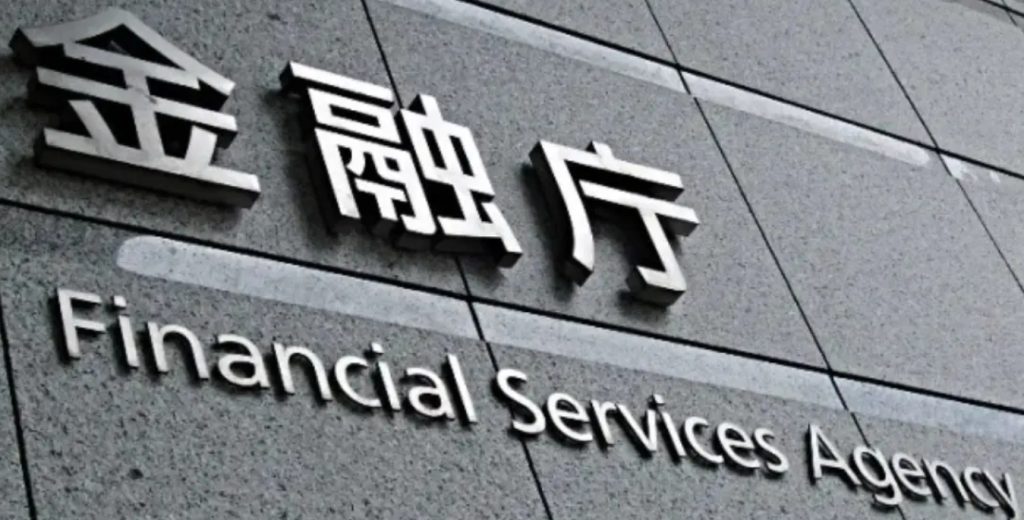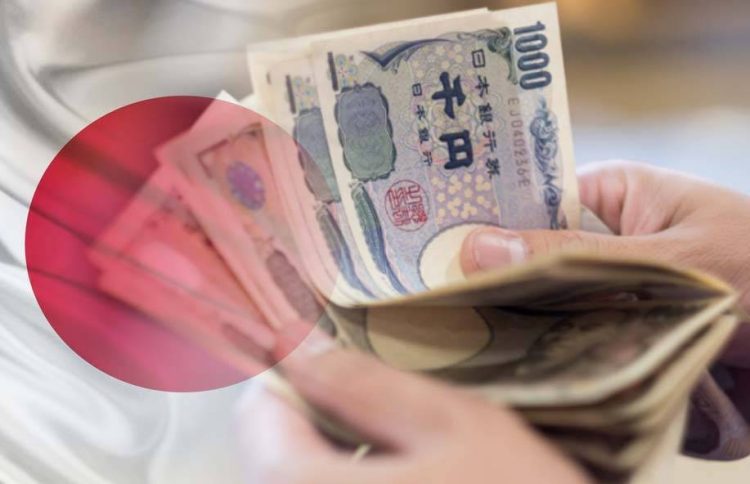On Thursday (May 9), David Roche, president and global strategist at Independent Strategy, said Japanese authorities are not looking for a strong yen, they just want a relatively stable currency.
The yen has weakened in the first four months of the year after the dollar began to strengthen at the start of the year. Last week, the dollar briefly broke through the 160 barrier against the yen and reached a high of 160.30, a fresh 34-year high. But since then, the pair has fallen back significantly, with some market participants suspecting that the Japanese authorities may have intervened twice.
In the first three trading days of this week, the yen resumed a downtrend for three consecutive days, and rebounded to near the 155.50 level in late New York trading yesterday. Some traders believe that the yen is likely to return to 160 due to the wide spread between US and Japanese monetary policy.
In this regard, senior investment strategist Luo Che told the media that the Japanese side is not aiming for a particularly strong yen, “I think they are aiming for a relatively stable yen, and of course, they don’t want the yen to fall through the floor again.”
According to market estimates, the Japanese government intervened in the exchange rate by a total of 8 trillion yen between April 29 and May 2. According to Rocher, Japan acted “not to create inflation and to prevent undermining the authority of the Bank of Japan governor.”

Yesterday, Governor Kazuo Ueda admitted at a press conference, “The depreciation of the yen has a side that can easily affect prices.” “The exchange rate is an important factor affecting the economy and prices, and there is a possibility that monetary policy needs to respond,” he said.
In contrast, Mr. Ueda stressed last month that “we will definitely not directly change monetary policy in response to exchange rate movements.” Some analysts pointed out that Ueda Kazuo is after a meeting with Japanese Prime Minister Fumio Kishida, the tone has changed significantly.
Minutes of the BOJ meeting released earlier in the day showed a clear “hawkish” shift in the stance of members at the meeting, with several members calling for the need to steadily raise interest rates to guard against the risk of an inflation overshoot. ‘The yen’s depreciation, combined with rising prices, has started to push up import prices and thus producer prices,’ the minutes wrote.
Mr. Roche said that aside from monetary tightening in Japan, nothing else has really strengthened the yen. He also added that monetary policy would raise rates by at least 50 basis points and that there would be “unsterilised intervention” in the yen’s exchange rate.
“In other words, the Japanese authorities need to shrink the domestic money supply. As far as I can see from the statistics, the central bank hasn’t done anything like that.”


































